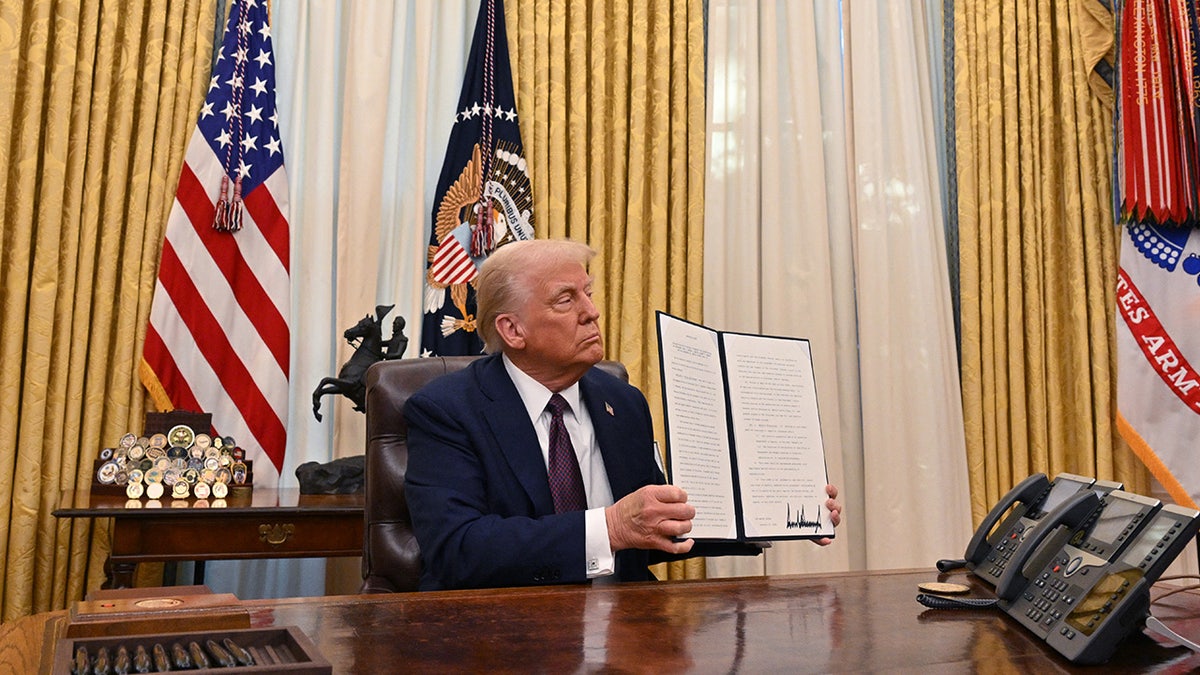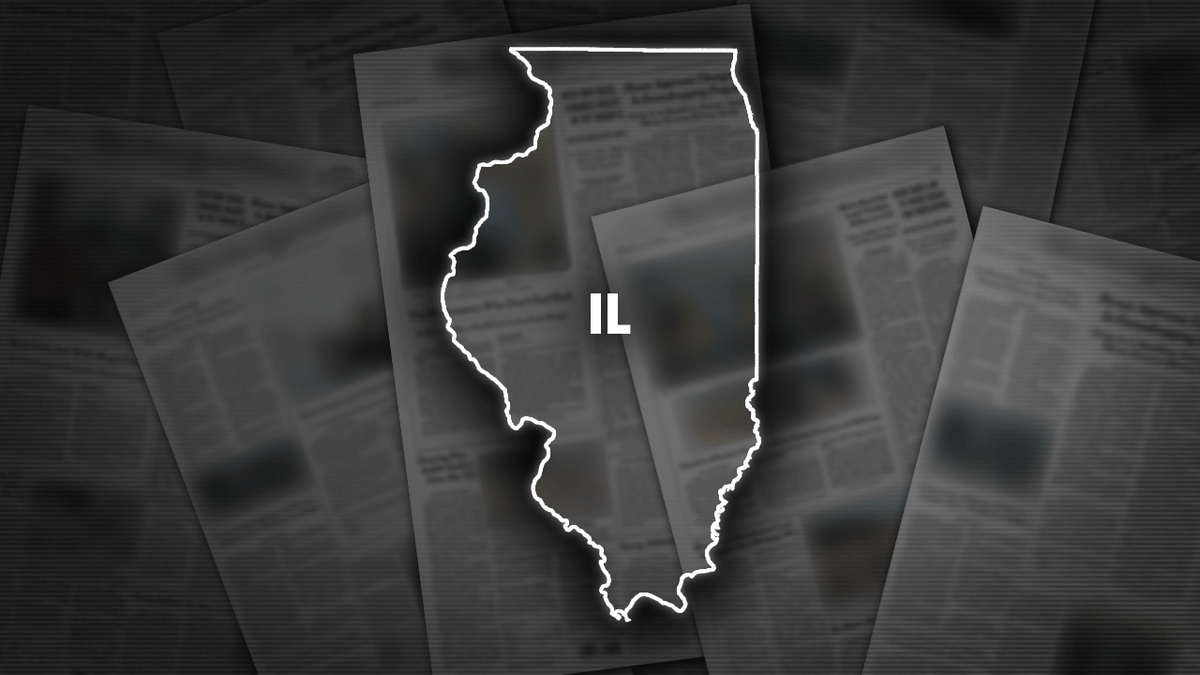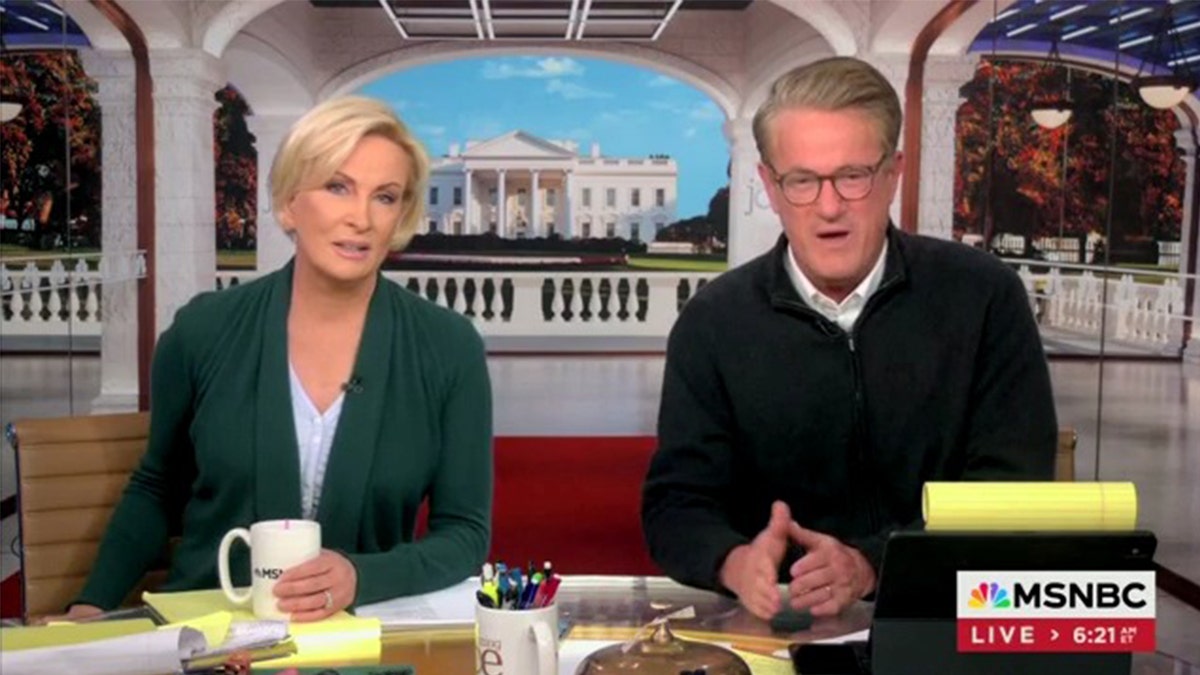A fierce political battle is unfolding in North Carolina over control of the state's Board of Elections. Republican lawmakers are attempting to override Democratic Governor Roy Cooper's veto of a bill that would shift appointment authority from the governor's office to the State Auditor, a position recently won by Republican Dave Boliek.
This move comes as Republicans saw their supermajority slightly diminished in the recent elections. Democrats have strongly criticized the bill, labeling it a power grab, especially since the GOP failed to secure the governorship in the same election cycle.
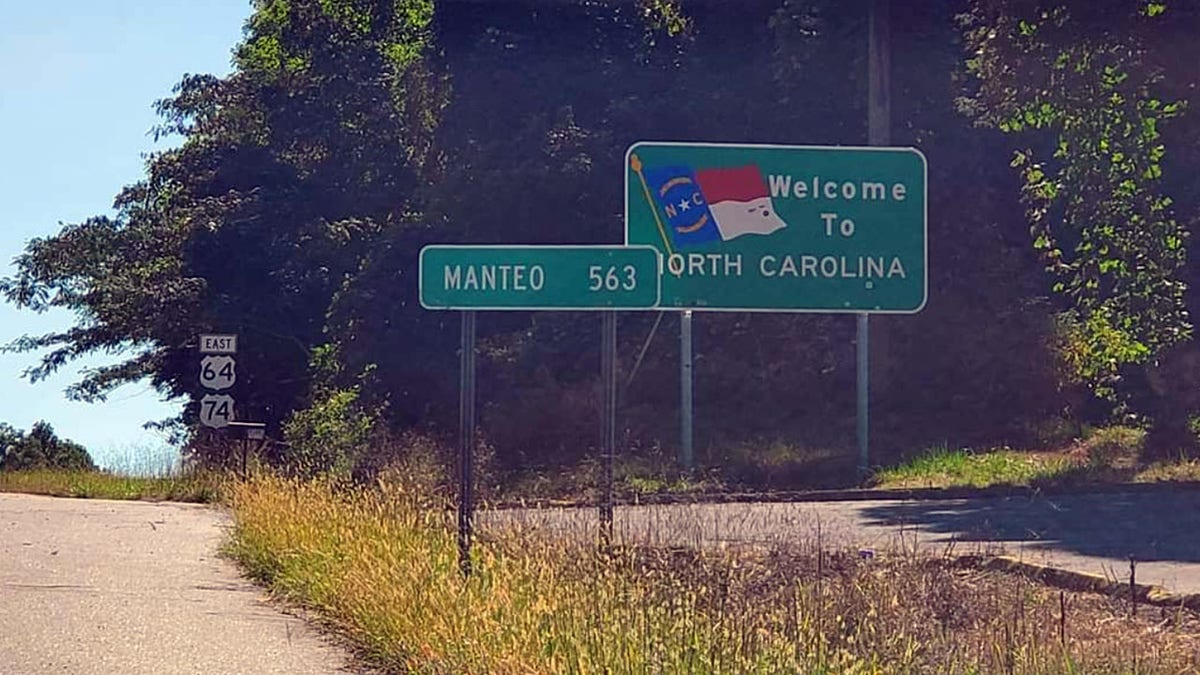
The Senate successfully overrode the veto, but not without significant disruption. Lieutenant Governor Mark Robinson, presiding over the Senate, cleared the gallery after loud protests erupted from observers. Critics of the bill argue it disregards the will of the voters and undermines the state's constitution.
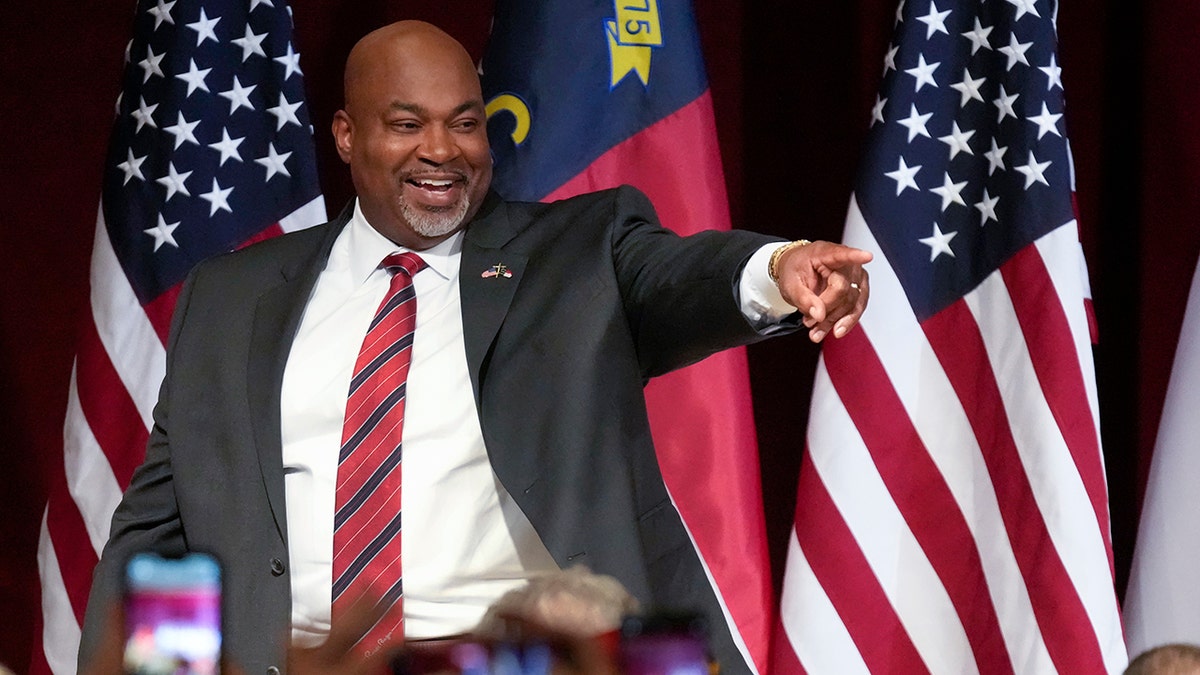
Governor Cooper had previously voiced his opposition to the bill, arguing it did not provide sufficient hurricane relief funding, despite being presented as such. He, along with other Democrats, viewed it primarily as a strategic maneuver to seize control of the elections process.
Legal experts have weighed in on the debate, with some arguing that the governor's claim of exclusive appointment power is not entirely accurate. They contend other executive branch officials also have the authority to execute laws and make appointments.
The bill's fate in the House remains uncertain. Several Republicans from hurricane-affected areas initially voted against the bill, expressing concerns about the lack of direct aid to their communities. If these representatives maintain their opposition, the veto override may fall short.

This controversy follows previous legal challenges regarding the separation of powers and appointment authority in North Carolina. The current situation echoes earlier disputes and raises questions about the balance of power within the state government.
The outcome of the House vote will have significant implications for the future of North Carolina's elections and the ongoing power struggle between the Republican legislature and the Democratic governor.


